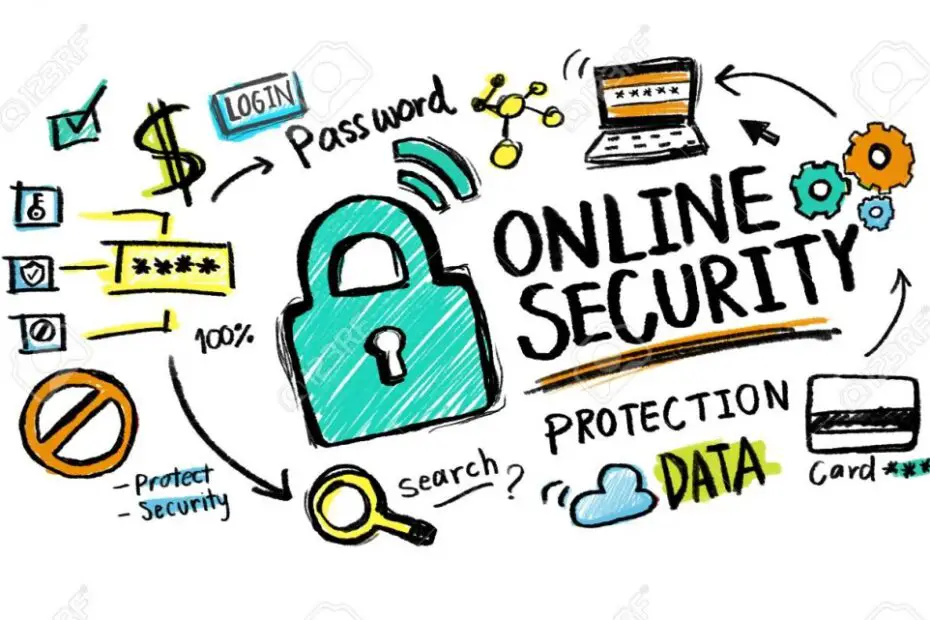In today’s digital world, small businesses are increasingly targeted by cybercriminals, but many lack the resources to invest in sophisticated cybersecurity measures. However, implementing basic cybersecurity practices can go a long way in protecting sensitive information and maintaining business continuity. Here’s a guide to cybersecurity essentials for small businesses.
1. Educate Your Employees
One of the most common ways hackers gain access to business data is through employees—often via phishing attacks. Educating your team about basic cybersecurity practices can reduce the risk of human error.
- Phishing Awareness: Train employees to recognize phishing emails and avoid clicking on suspicious links or downloading attachments from unknown sources.
- Password Management: Encourage the use of strong, unique passwords for each account and implement a password manager to help employees store them securely.
2. Use Firewalls and Antivirus Software
Firewalls and antivirus software are your first line of defense against cyberattacks.
- Firewalls: A firewall monitors incoming and outgoing traffic, blocking unauthorized access. Ensure that both hardware and software firewalls are installed and updated regularly.
- Antivirus Software: This software helps detect and remove malware that could compromise your systems. Make sure your antivirus software is up-to-date and covers all devices.
3. Implement Multi-Factor Authentication (MFA)
Multi-factor authentication adds an extra layer of security by requiring users to verify their identity in more than one way (e.g., a password and a fingerprint or a one-time code sent to a mobile device).
- Why It’s Important: MFA significantly reduces the chances of an attacker gaining access to sensitive accounts, even if they have stolen passwords.
4. Backup Your Data Regularly
Regular data backups can save your business from catastrophic data loss caused by ransomware, hardware failure, or human error.
- Cloud Backups: Store your backups in the cloud to ensure they’re safe from physical disasters like fires or floods.
- Frequency: Back up your data daily or weekly, depending on how critical it is to your operations.
5. Secure Your Wi-Fi Networks
Unsecured Wi-Fi networks can provide an entry point for hackers to access your data. Protect your network by:
- Using Encryption: Ensure your Wi-Fi is encrypted with WPA3, the latest and most secure protocol.
- Changing Default Settings: Many routers come with default usernames and passwords. Change these to something more secure.
6. Limit Access to Sensitive Information
Not all employees need access to every part of your system. Implement access controls to ensure that only authorized personnel can view or edit sensitive data.
- Role-Based Access: Assign permissions based on the role of the employee. For instance, an accountant should have access to financial records, but not necessarily to customer data.
- Monitor Access: Regularly review who has access to what information, and revoke access when employees leave or change roles.
7. Regularly Update Software
Outdated software can have security vulnerabilities that hackers can exploit. Make sure all your systems, from operating systems to apps, are updated regularly.
- Automated Updates: Enable automatic updates where possible to ensure that you’re always protected by the latest security patches.
Conclusion
Cybersecurity doesn’t have to be overwhelming for small businesses. By following these essential practices—educating employees, using firewalls and antivirus software, enabling multi-factor authentication, and backing up data—you can significantly reduce your risk of falling victim to a cyberattack. Investing in basic cybersecurity now can save your business from costly breaches down the road.
